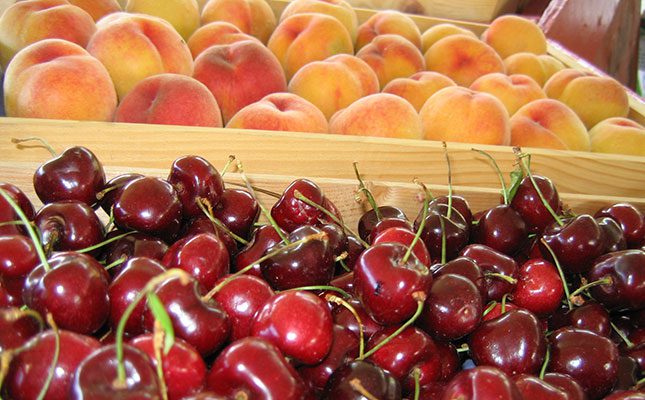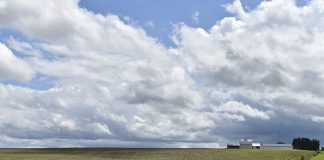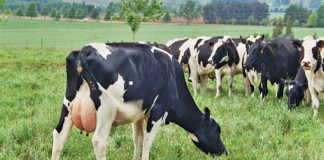
A warmer-than-normal winter season was followed by an “extreme blast of arctic air in January”, according to a report by Global News, the news and current affairs division of the Canadian Global Television Network.
“Fruit trees began budding early due to the unseasonably warm winter weather, but the sudden plunge in temperatures in the range of -27°C then killed off those buds, meaning no fruit this spring,” the report said.
READ Production tips from a top pome fruit farm
“It was more or less what you would call a perfect storm,” a farmer near Creston, Frank Wloka, told the network. He said an expert consultant assessed damage in the week of 5 February and found that it had been “unbelievably extensive”.
“Out of about eight or 10 different locations in the valley, we saw every one of those samples showed 100% bud kill,” Wloka said.
The president of the British Columbia Fruit Growers’ Association, Peter Simonsen, explained that many farmers across the interior of the region had suffered similar damage. “It doesn’t mean the trees are dead. They can recover, but in many cases, it will mean no peaches or apricots this year, I expect.”
Although Simonsen said farmers were more hopeful about their apple and pear crops, the cherry harvest seemed to be in serious trouble.
READ The game-changing passion fruit cultivar developed in SA
The owner of Red Bird Estate Winery, Remi Cardinal, told Global News that the harsh winter had set his seven-year-old business back several years. Although he believed that his vines would survive, he stressed that it would “be tough to cover the economic hit of a lost growing season”.
“A season without grapes, [means] no wine, [and] less wine, less revenue,” he said.
Wloka concurred, saying that the economic cost would be felt beyond the loss of just the fruit crops. Because there would be no fruit to pick, farmers would not be employing seasonal labourers, which would have a resultant knock-on effect for local businesses, while local tourism would also suffer, he explained.
Simonsen added it was hoped that the industry would be able access funding from the federal-provincial AgriRecovery programme, but he expressed the fear that this would not be enough.
“We don’t really have the protection for farmers and farming we should have … it’s much less than other provinces and jurisdictions per-capita wise,” he said.
Cardinal therefore called on fellow British Columbians to support farmers: “If you want to support your local farmers […] don’t go to the big chains. Buy local, from the farmers, from the growers, that would help tremendously.”













